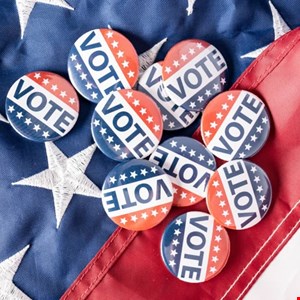Read more about election security:
Potential ransomware attacks during the 2024 election cycle have been deemed unlikely to compromise the security or accuracy of vote casting or counting.
The news comes from a public service announcement (PSA) issued on August 15 by the Federal Bureau of Investigation (FBI) and the Cybersecurity and Infrastructure Security Agency (CISA).
The announcement underscored that, while ransomware attacks targeting state or local government networks could cause temporary, localized delays, they would not affect the integrity of voting systems.
Any successful attacks on election infrastructure have so far been reportedly contained with minimal disruption to operations and no impact on the security or accuracy of ballot casting or tabulation processes. The PSA highlighted the effectiveness of a multi-layered approach to security, which includes a variety of technological, physical and procedural controls to safeguard the election process.
Commenting on the news, FBI cyber division deputy assistant director, Cynthia Kaiser, emphasized that combating ransomware is a top priority, particularly during elections.
“While the FBI will continue to leverage its tools and partnerships to combat cybercriminals, the public should be aware that ransomware is extremely unlikely to affect the integrity of voting systems or the electoral process,” she said.
CISA Senior Advisor, Cait Conley, echoed this sentiment, stating that existing security measures are robust enough to ensure these incidents will not impact vote-casting or tabulation systems.
The PSA also cautioned the public to be wary ofdisinformation, particularly efforts by malicious actors to spread false claims about cyber incidents to undermine confidence in the electoral process. The FBI and CISA continue to collaborate with election officials and other partners to protect the integrity of US elections.
“We will continue to work tirelessly with our election infrastructure partners to uphold the American people’s confidence in 2024 elections and our democratic process,” Conley concluded.
